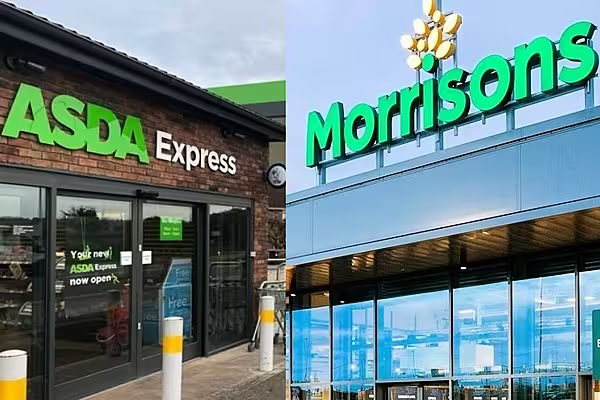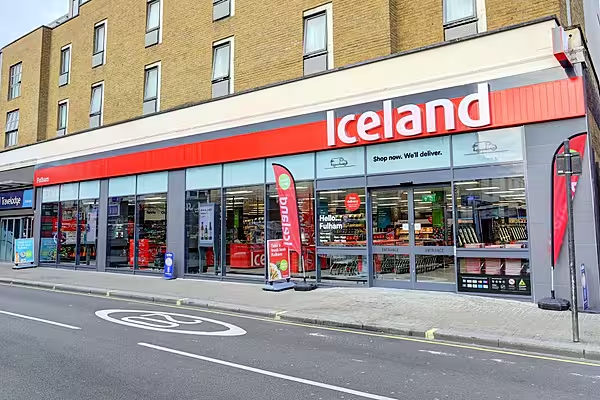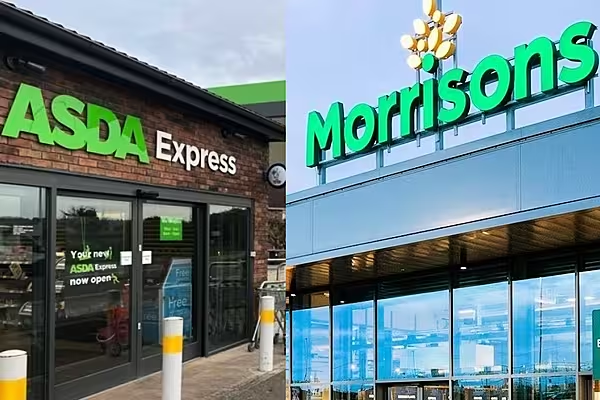British shoppers sought out Black Friday discounts in their droves last month, pushing retail sales growth to a six-month high, but the broader picture remains weak ahead of Brexit in little more than three months' time.
Retail sales volumes, including the Black Friday sales period, jumped by a monthly 1.4% following two months of ecline, surpassing all forecasts in a Reuters poll of economists that had pointed to a 0.3% gain.
The Office for National Statistics (ONS) said the changing nature of Black Friday sales promotions posed a challenge for smoothing out seasonal variations in the data and economists said November's jump was likely to be revised down.
"It's worth treating these numbers with some caution," ING economist James Smith said. "Whatever the case, it seems clear that the Christmas trading period has been a particularly challenging one for retailers."
In the three months to November as a whole, sales were up just 0.4% compared with the previous period, the smallest increase since April.
The pound rose slightly to touch a day's high against the U.S. dollar after Thursday's figures.
The November sales surge in the ONS figures contrasted with statements from some major retailers that showed a disappointing Black Friday.
The ONS said household goods sales leapt by 5.3% on the month in November, the biggest rise since the end of 2013.
Online sales as a proportion of all retailing exceeded 20% for the first time.
Britain's scheduled departure from the European Union on March 29, with no clarity yet on whether it can leave with a transition deal, has weighed on consumer confidence.
November data from the British Retail Consortium and Barclaycard has shown households were cautious about spending. But there has been some comfort for consumers in recent data which showed the fastest growth in underlying pay growth since 2008 and inflation falling to a 20-month low of 2.3%.
News by Reuters, edited by ESM. Click subscribe to sign up to ESM: European Supermarket Magazine.










